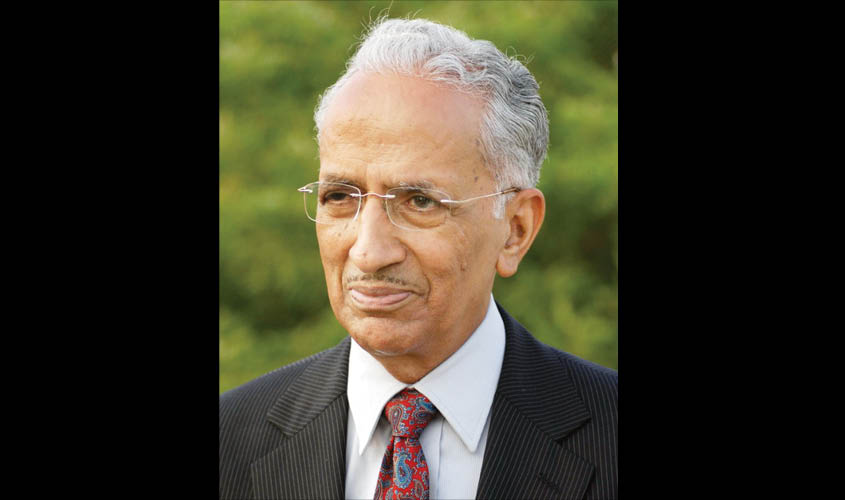Experts not taking promises made by the Bharatiya Janata Party, Congress seriously.
New Delhi: Though major political parties like the Congress and the Bharatiya Janata Party (BJP) have been making promises of introducing police reforms in their election manifestos for over three decades, such reforms have not seen the light of day yet.
Like in previous elections, in the ongoing Lok Sabha elections too, the Congress, as well as the BJP, have promised to implement police reforms. However, experts are not taking the poll promises of these parties seriously.
They say that the Congress did not pay any attention to the Supreme Court’s direction which came in the Prakash Singh vs Union of India case. The Supreme Court’s 2006 direction is considered as a landmark in the fight for police reforms in the country.
Prakash Singh, former police chief of several states, who has been fighting for implementation of police reforms in the country, told The Sunday Guardian: “Although the Congress has talked about police reforms and has said that consultations with states will be held to come to an agreement on police reforms, they don’t say that the Supreme Court direction on police reforms will be implemented.”
“When the Supreme Court direction came, the United Progressive Alliance (UPA) was in power and, ideally, the party should have responded on police reform guidelines, but it remained silent on the issue. They remained in power till 2014, but failed to introduce any measure for implementing police reforms. They slept over the matter (police reforms) for almost eight years and did nothing. Now, what will they do even if they are voted to power again? I don’t have any hope from the Congress,” Singh said.
In 2006, the Supreme Court gave seven binding directions to the states and Union Territories (UTs). The SC ordered the states and UTs to implement the directions immediately, either through legislation or executive order.
However, according to experts, the deep-rooted police–politician nexus in the states prevented the implementation of any of the directions.
On 12 April 2013, the Supreme Court again sternly asked the states and the Union government to furnish before it details of actions taken by them in establishing Security Commissions as ordered by it in its 2006 verdict.
According to Singh, though the Congress has at least spoken about police reforms, the BJP is not committed to police reforms at all. For the party, police reforms are more about modernising of the police force, instead of introducing any structural reforms.
“The BJP has not spoken about police reforms as the party is only committed to modernising the police forces—giving modern weapons, improved infrastructure, providing upgraded communication instruments and recruiting more manpower. But the country needs complete police reforms. I find the BJP manifesto very disappointing as it pays no attention to institutional reforms in the police,” Singh said.
Asked if he had any hopes from the political parties, Singh said: “Expecting police reforms from the political parties is like asking feudal lords to give up feudalism. I don’t have any hopes from the political parties. It is the Supreme Court that has been taking note of the matter of police reforms and that is the ray of hope. The court has given very positive response to the issue of police reforms and on Thursday also, I have filed an interim petition on this issue.”
Singh said, “There is an urgent need for reforms in the entire criminal justice system which includes police, prosecution, judiciary and jails. But unfortunately, there is no talk of judicial or prosecution reforms; it is only police reforms that is in the debate.”
Admitting to a lack of a people’s movement in favour of police reforms, Singh added: “I am hopeful that in the coming 5-10 years, there will be a mass movement if police reforms are not implemented soon. People must come out in favour or police reforms.”

